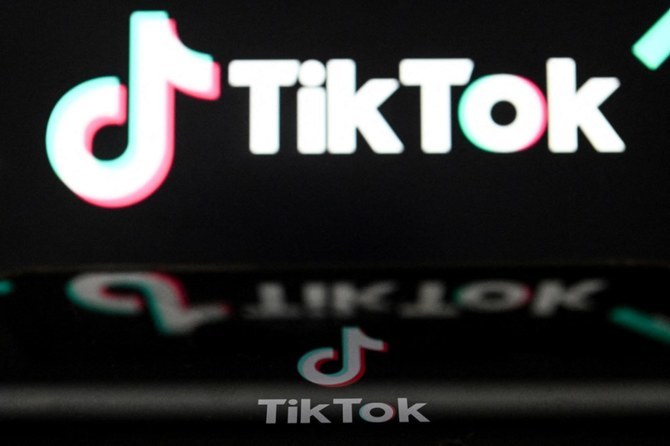LONDON: It looks like a cross between an Ibiza nightclub and the bridge of the Death Star.
Rows of vast computer screens and racing car seats have been crammed into a 2,000 square-meter purpose-built gaming arena in the northern suburbs of Riyadh.
When its doors open next month, to gamers young and old from the Saudi capital, many of them are expected to be women, penetrating another male-dominated scene and blurring one more line of separation.
High definition screens display the characters and storyboards of the world’s most popular computer games, from Fortnite and League of Legends to Counter-Strike and FIFA 2019.
But this isn’t just about fun. So-called esport is already a billion dollar business, with big name sponsors, international leagues and fame, of sorts, for those with the dexterous thumbs — such as Saudi Mosaad Al-Dossary, the reigning world FIFA champ who has earned more than $362,000 according to esportsearnings.com, which ranks players globally.
The top player overall is 26-year-old German Kuro Takhasomi with more than $4.1 million in earnings. By comparison, the average Premier League footballer earns about $3.5 million.
Gaming cafes were once dark and dingy places to be found in unloved old commercial buildings, where pale pubescents acted out their sporting or military fantasies without mum and dad asking if they had done their homework. Now the growth of esports is attracting major investment, especially in the Gulf states, where online gaming is booming and leading growth in the industry globally.
The new generation of gaming cafes and esports arenas are recognizing the massive female gaming market.
Gaming has always been big in the Gulf for a number of reasons from the climatic to the social.
Industry veteran Mazen Mohammed, the esports manager for Saudi Arabia at Gamers Hub Middle East, which helps to organize tournaments, said that the region’s youthful population and a historical shortage of popular entertainment choices explains why gaming is becoming so big.
“In Saudi Arabia we have a lot of young people but we have not had a lot of entertainment. Yes, people have PCs at home but they meet friends in the cafe so it is more relaxing for them.”
The new SARENA SAFEIS arena in Riyadh reflects the growing sophistication of the gaming scene as well as its ability to attract serious investment.
Owner Mohammad Al-Otaibi explains there will be VIP rooms, food and beverage counters, a tournament staging area and a zone for kids. Women will have the option of using either the main gaming area or a dedicated room.
“The arena is suitable for elite and casual gamers,” said Al-Otaibi. “It will also provide rooms where teams can privately train together in preparation for tournaments and will have a training academy to upskill gamers.”
While the older generation of gaming cafes dotted around the Gulf were typically the domain of teenage boys, new arenas recognize that there is also a large community of female gamers in the region. It wasn’t always so.
Ghada Almoqbel, a 23-year-old student from Riyadh has been a gamer since “she was little” and as an adult helped to establish a convention dedicated to women gamers in Saudi Arabia called GCON.
She said that in the past it was very difficult for women in Saudi Arabia to attend gaming events.
“I think there’s definitely an interest in including women now, in all activities and tournaments, but I don’t think any succeeded in actually approaching women who are interested in the right way.”
Almoqbel said the “community” aspect of gaming appeals to many women, which is one of the themes of GCON.
The Saudi Arabian Federation for Electronic and Intellectual Sports, or SAFEIS, is the lead body helping to draw outside investment into the fledgling Saudi esports scene.
CEO Turki Al-Alfawzan points out that Saudi Arabia is part of the fastest growing gaming region in the world: “Our role as a federation is to connect the investors with these opportunities and nurture the elite athletes and the community,” he said.
The federation is a partner in the soon-to-open SARENA SAFEIS facility in Riyadh and more such arenas are planned around the country.
The drive to promote esports in the Kingdom is part of a wider push to promote sports under the Vision 2030 economic and social blueprint.
That aims to reduce sedentary lifestyles among the young and boost healthier living — an especially difficult goal to pull off with an activity more commonly identified with the unhealthy.
While the rising investment in esports could help young gamers in the country rise in the rankings and emulate the success of Saudi FIFA champ Mosaad Al-Dossary — achieving that while maintaining healthy body and mind may be the real game change
GAMINGS TOP EARNERS
World - Male 2019
Kuro Takhasomi
$4,165,926
World - Female 2019
Sasha Hostyn
$312,845
Saudi Arabia 2019
Mosaad Al-Dossary
$362,565
Abdulrahman Al-Masri
$101,250
Khalid Aloufi
$77,500
Abdulaziz Alshehri
$41,500





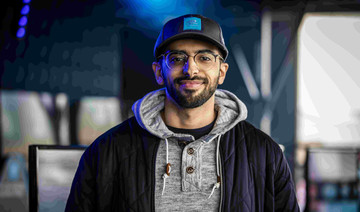
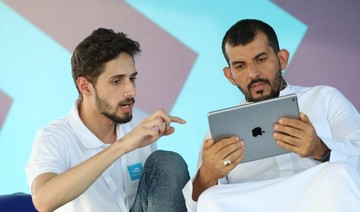
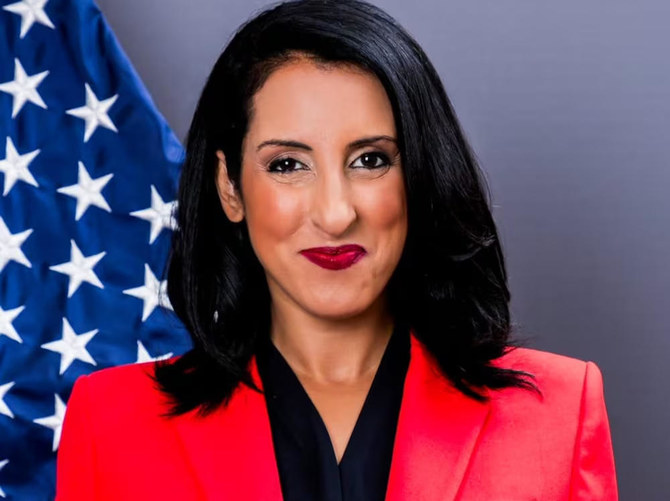
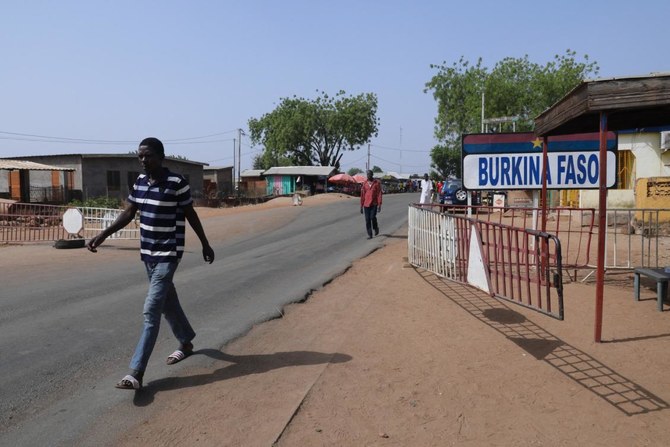

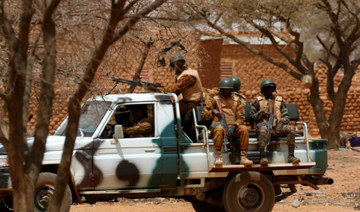
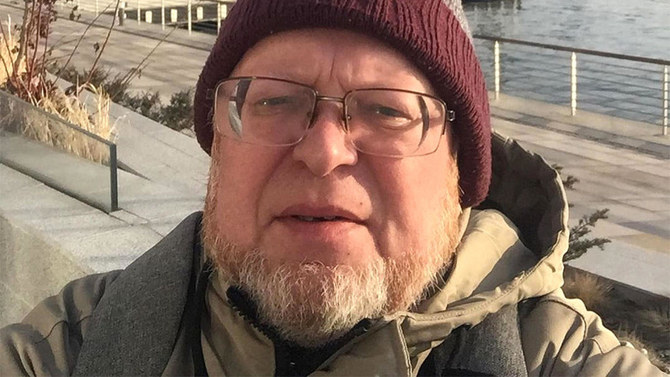



 Baraja brought with him 22 years of global advertising and brand-building experience.
Baraja brought with him 22 years of global advertising and brand-building experience.

